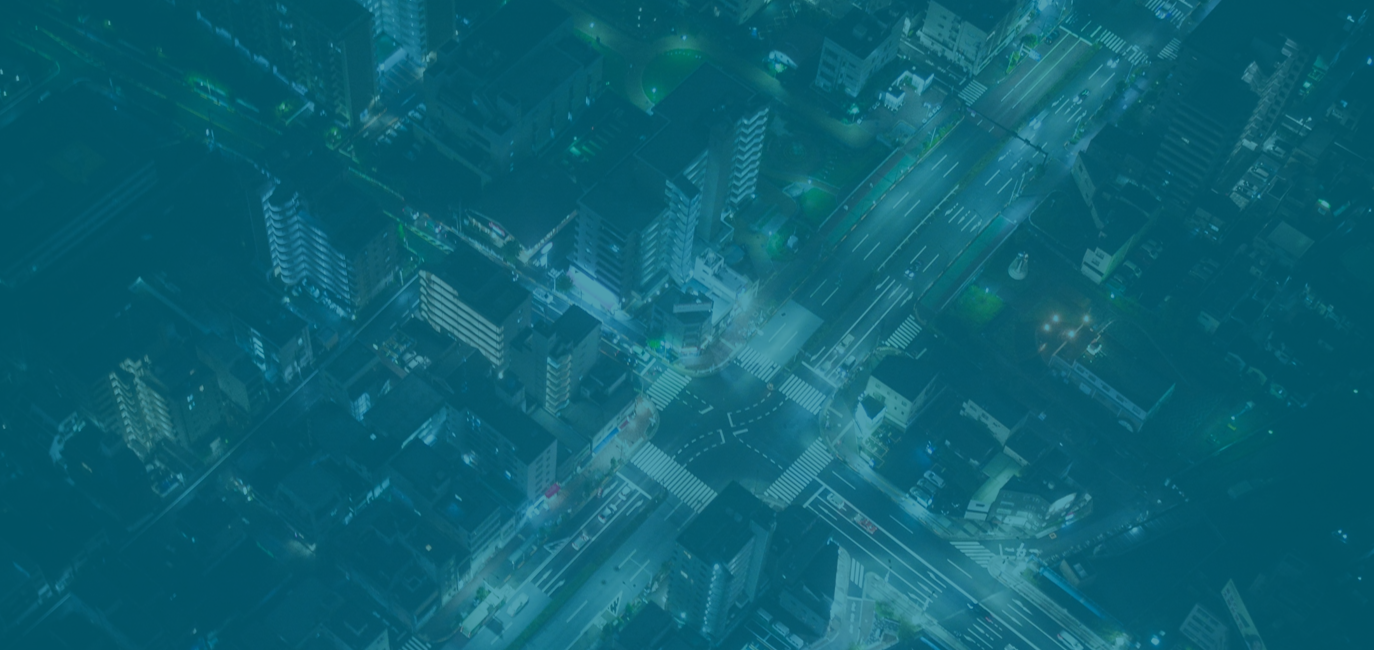systems upgrade
Throughout human history, we have invented and developed systems that help us manage complexity and uncertainty – think of the complex array of traffic lights that manage the traffic of our cities.
And once set up, we trust those systems to such an extent that we don’t think for ourselves anymore, or even consider another way. If the light is green, we go… without looking. They serve us, they make life more predictable, they keep us safe.
But they can also make us feel powerless. Too easily can we become victims of our systems. Just a small glitch can paralyse us; a failed traffic light turns our morning commute into a nightmare.
What if, in reality, the systems we’ve built in the past inhibit our progress today? What if they benefit some more than others? What if they have hidden costs, like devastating environmental consequences? What if we could figure out a better way?
Disruption often happens at a systems level rather than a product level. Typical examples of modern systemic disruption, like Uber and Airbnb, have challenged the status quo in which incumbents assumed that high barriers to entry would keep them safe. Technology enables us to rethink our systems in a way that has not been possible before, especially if no physical infrastructure is required, or, as in the case of Uber and Airbnb, it can be repurposed.
When we talk about change and disruption, we often focus on only the highly visible case studies like Kodak, Blockbuster, and Airbnb. But the disruption that happens at a much smaller scale is just as important.
Consider the systems we create in organisations to manage and reward people. Are they effective? Are they fair? We’ve developed these systems over multiple decades and are reluctant to let them go. But sometimes our worldviews have shifted, yet our systems haven’t. We continue to stick to our policies in the same way we continue to obey traffic lights.
Depending on your perspective, you can see disruption as a threat to familiar systems, or you can embrace it for what it is, an opportunity for finding a better way.

